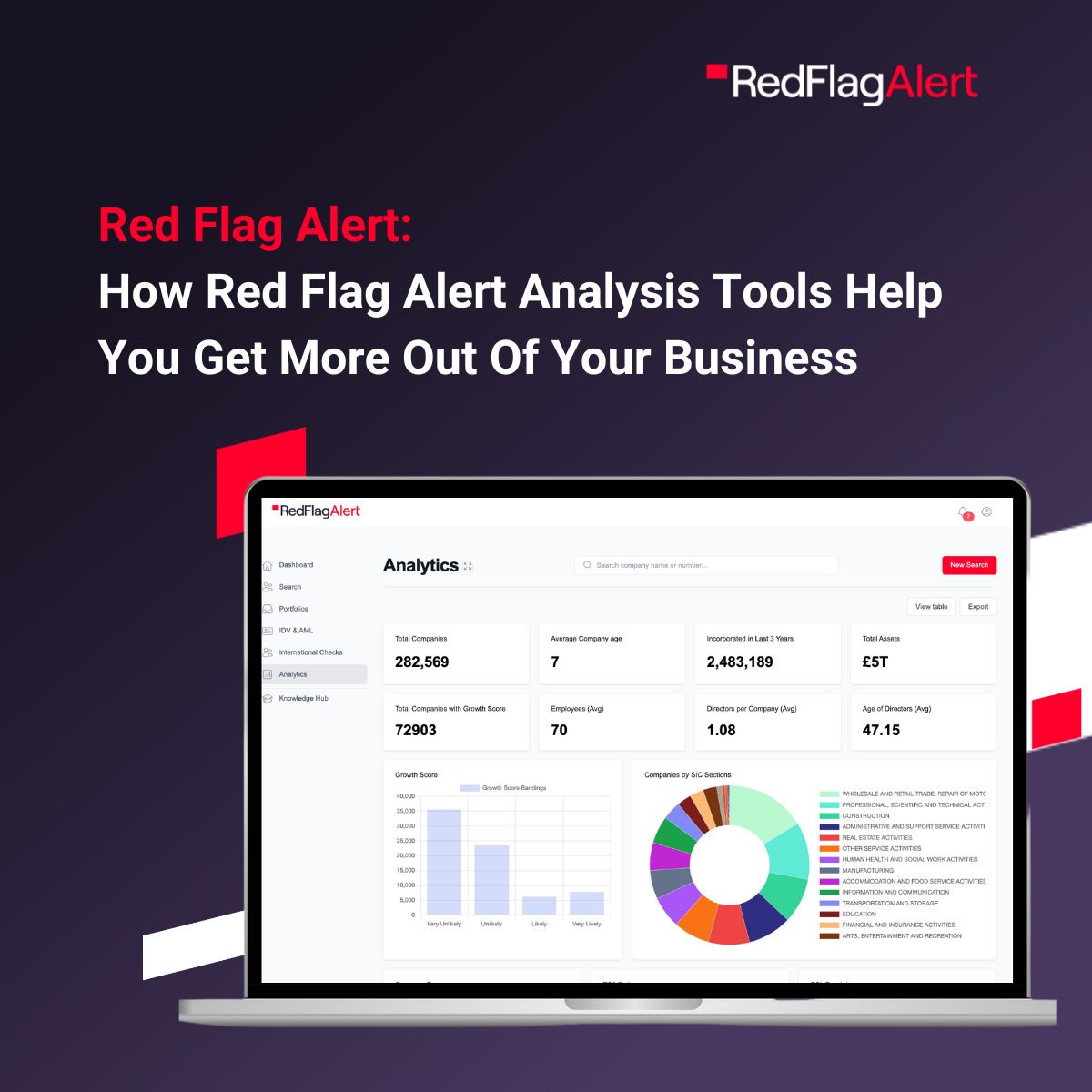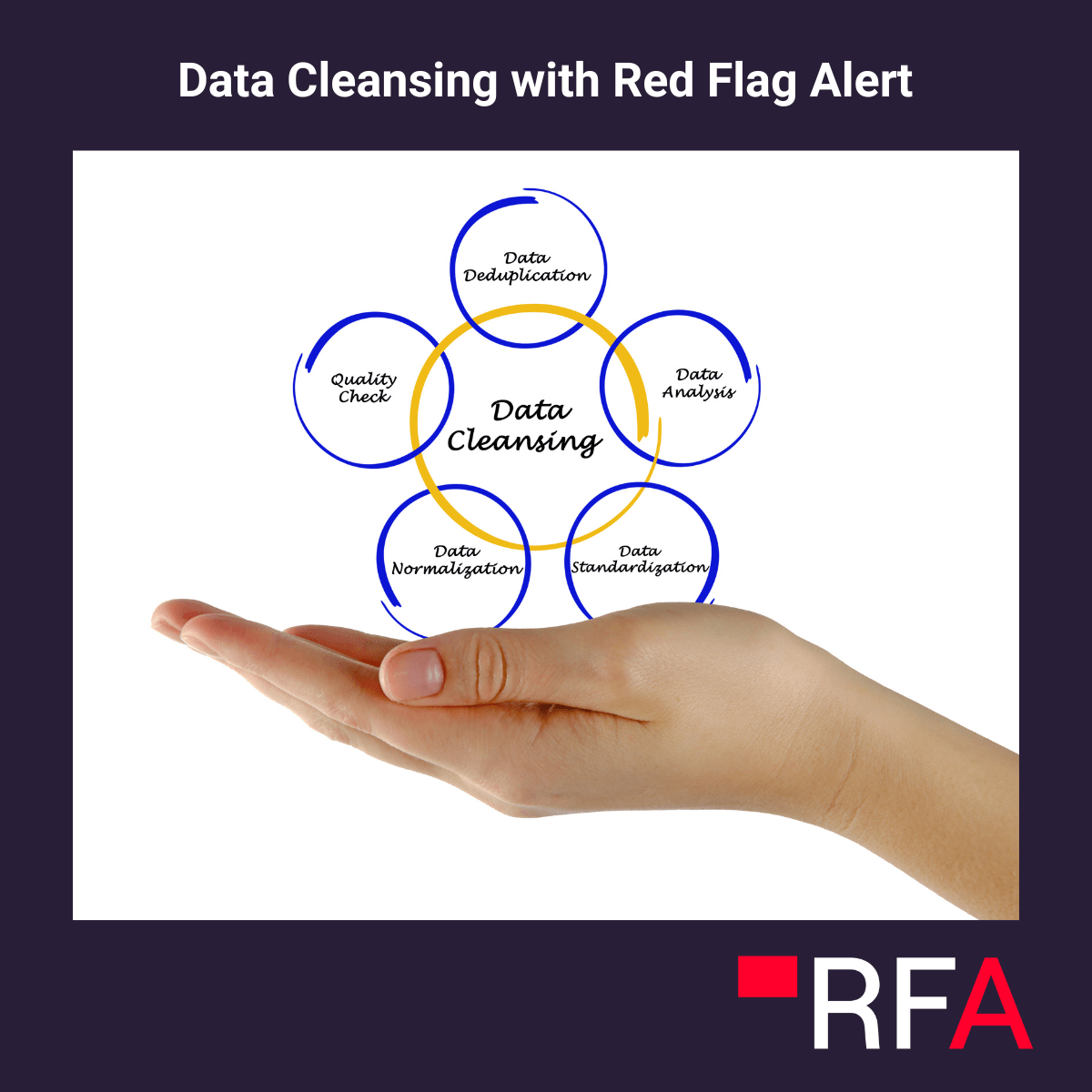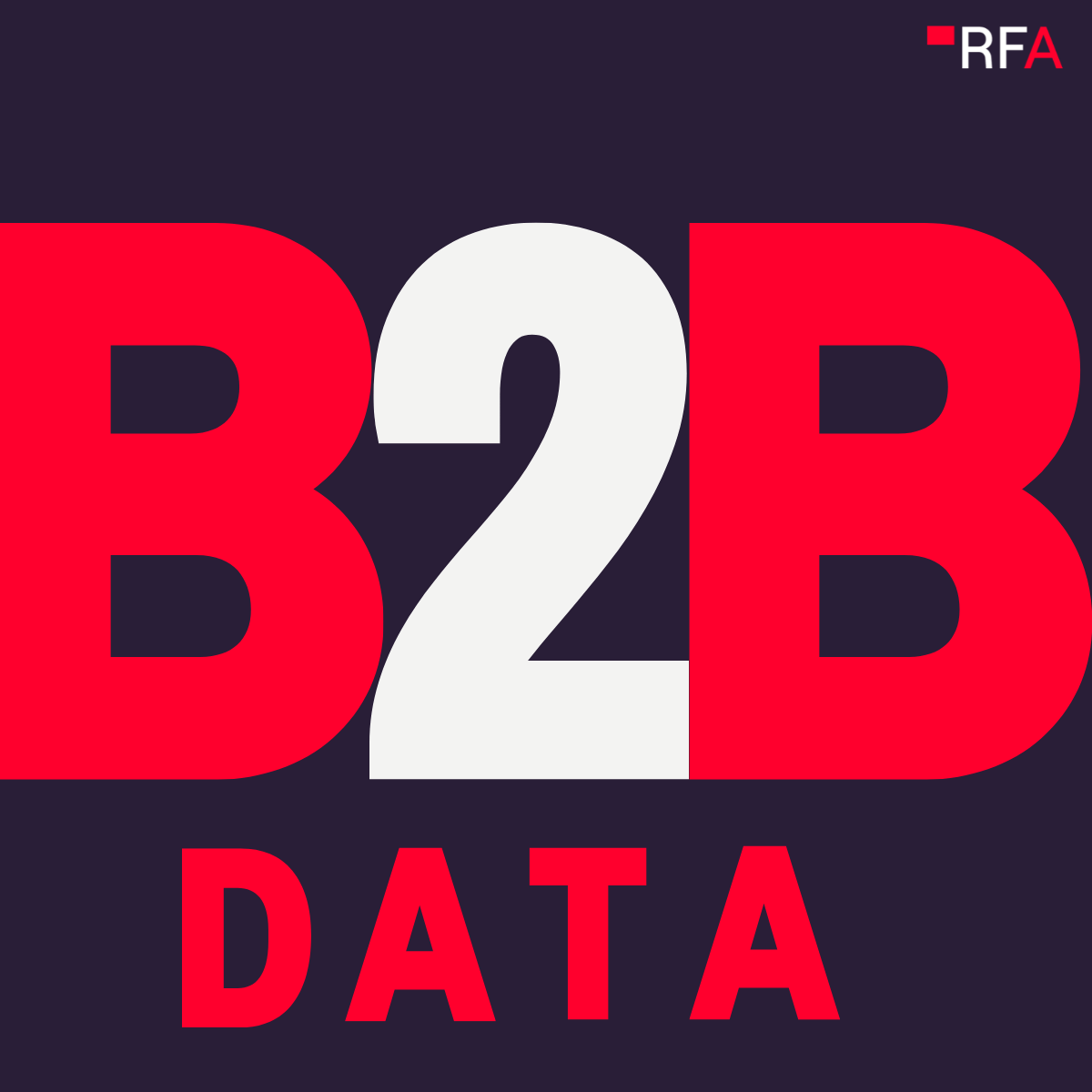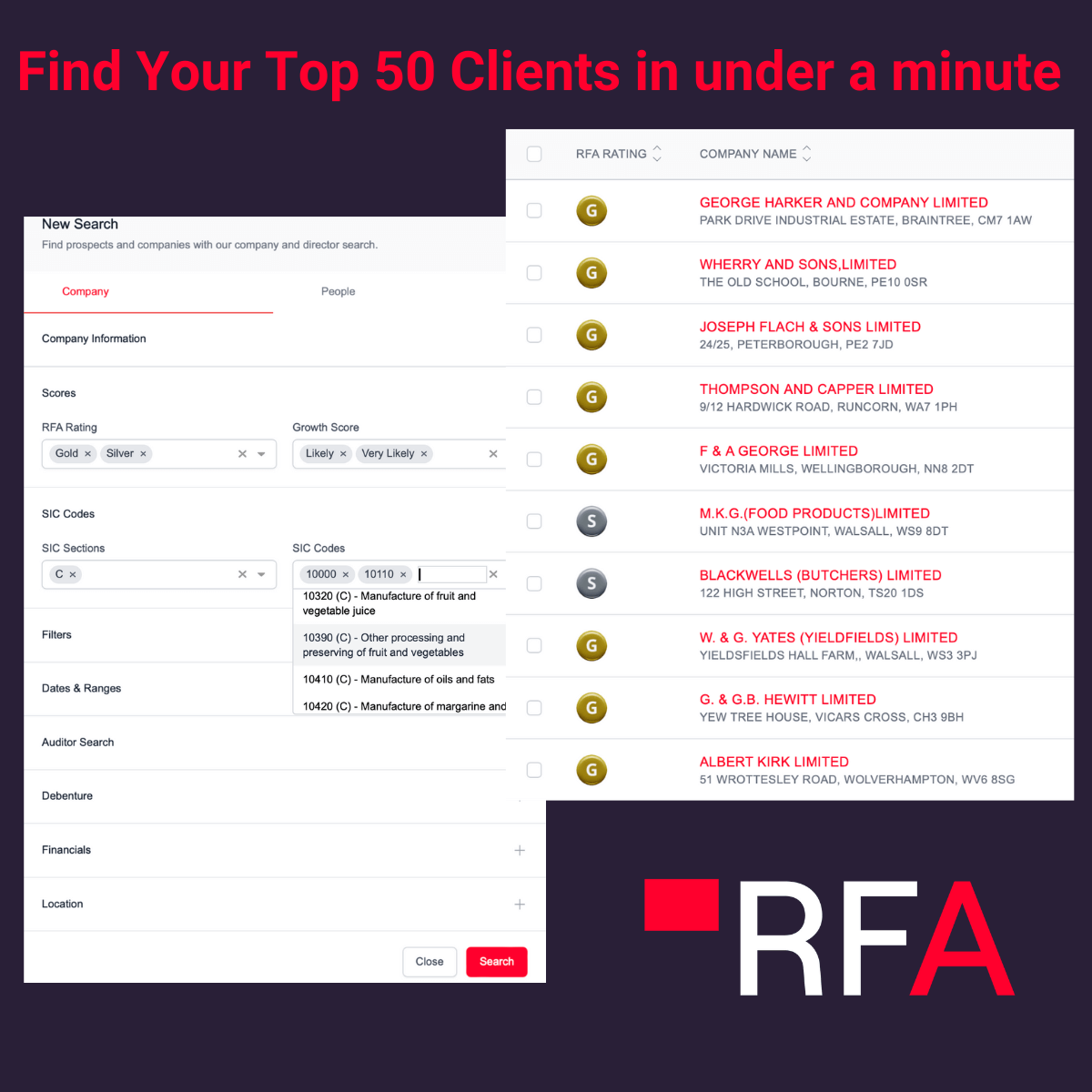B2B data lists are proving to be increasingly important as time goes by, as businesses understand how vital targeting the right audience is to the success of a company.
Targeting the right audience improves the quality of leads you generate, ultimately leading to increased sales and business growth. The right content at the right time to the right audience will lead to higher engagement rates. When you directly contact the audience you’ve targeted, you’re more likely to attract potential customers as the selling point is relevant to this group. Your business will stand out from competitors if you’re already knowledgeable of each segmented list and know precisely how your product or service will benefit businesses specific to each list.
What is a B2B Data List?
B2B data is information that can be used to supercharge your sales and marketing campaigns. Sophisticated data will help your business identify new sales leads and present the opportunity to get in touch with them. A B2B list is a compilation of companies that are segmented to define your ideal list of potential customers that meet specific criteria. A B2B list enables you to create segmented audiences that your sales team can utilise to grow your lead pipeline and ultimately boost sales for your business.
What fields should be included in a list?
An efficient B2B data list is imperative for outreach as there must be sufficient information to sell your product or service. This way, you will identify promising leads that may result in acquiring them as customers in the future. The ideal criteria for sales enablement is up to you but there are a number of standard search criteria that should be used to have the best chance of converting leads into sales. These fields are:
- Contact Options - To make the critical initial contact, whether it be by cell phone or email address. Calling is usually the first point of contact a sales member will make. Email addresses are typically used to plan follow-up meetings or to pass on further information.
- Job Title - A job title is key to understanding their position in the business. This will also give the sales team more knowledge on whether the contact is the correct person to be speaking with, regarding their product or service. For example, if you are in credit risk you would ideally want to speak to a compliance officer as opposed to an administrator.
- Company Name - Research can be done on the company, what they offer as well as how your business can help theirs grow. The company name gives your business the ability to source as much information as possible. This will give your business the best possible chance of intriguing the potential customer enough to secure a second meeting or a possible deal.
- Sector/Industry - Defining your ideal customer profiles’ sector and/or industry allows you to build lead lists based on this criteria. By understanding this, you’ll be in a better position to deliver content of value to that audience and sector.
- Company Location- Using a location filter combined with other criteria will allow you to target where your ideal customer is. For some businesses that only cover certain geographies, this is especially important to avoid wasting time on leads that you can’t service.
- Company Turnover- Use the estimated turnover feature to search for companies that fit your ideal financial profile.
How does Red Flag Alert’s B2B Prospector tool work?
Being armed with the right toolkit is key in building great B2B data lists that you can use.
The Red Flag Alert B2B Prospecting tool has an enormous offering in terms of filters as a part of our FIND function. The main capability of our b2b prospector tool is the ability to complete an advanced search on all UK businesses. This allows your business to target customers that fit your ideal customer profile. Using the prospector tool will give you access to the contact details of big decision-makers in your ideal profiles.
This includes contact details such as email addresses where applicable and even LinkedIn links to grow your network. We list registered and trading addresses to pinpoint your searches. There are over 140 filters to use on the prospector tool and counting. This helps you refine your searches in order to find the ideal customer.
As one of the UK's largest b2b data providers, Red Flag Alert use machine learning and artificial intelligence to continuously evolve, update and improve our data. One of the biggest issues businesses faces is trying to search using data points that don’t exist. We have developed an estimator for turnover and the number of employees. This has proven to increase the number of companies in any given search. An example is a simple search on all businesses with a turnover of between £2,000,000 and £5,000,000.
Excluding our estimated turnover, 19,942 businesses in the UK are found. Whereas using the estimated turnover filter and doing the same search will bring up 132,907 companies. This gives you over 6 times more than a standard search. Furthermore, the development of the Growth Score allows you to effortlessly identify companies that are about to experience growth and will grow at a rate of +20% over the next 3-4 years. This criteria is invaluable for sales and marketing teams for account-based marketing campaigns or, venture capitalists who need to find attractive companies to invest in.
Use Cases for B2B Prospector
Red Flag Alert’s prospector tool is a valuable asset to any business and would be a crucial addition to the success of new business development. There are various roles that would benefit from it. Sales Development representatives can get in-depth information about potential clients while Senior Sales team members will be able to create much finer targeted campaigns to direct their efforts toward potential clients, more efficiently. Read our case study to see how we helped NSL Telecoms improve their revenue per client by 21%.
Discover how you can get buy-in from your Senior Leadership for B2B Prospector from Red Flag Alert.
Steps to Building your B2B Lists
Step 1: Create a Persona
This is the initial step when you decide to build a list. Deciding on who can be identified as the ideal customer and who you want to deal with.
Step 2: Identify and compile your ideal customer profiles
This is relevant to the different audiences you want to target. There may be multiple profiles if you have products that target different audiences with different criteria.
Step 3: Refine your lists
Once you have found potential customers that fit your buyer persona. The ultimate goal is for them to become customers. In order for this to happen you need to find the right people to contact. These people should be decision-makers who have a say in how the company should be run and what tools to invest in.
Step 4: Validate Your List
It certainly is not enough to have a list of contacts on hand; your information must get you to the right person. For that matter, you may send your contacts a brief email or give them a quick call where you introduce yourself and your company.
Step 5: Integrate with your CRM
Integrate your CRM for real-time information with Red Flag Alert. This gives you the best and freshest data on all your prospective clients and current contacts in your database. Also constantly adding new companies that may fit your ideal customer profile.
What other ways can you use your B2B lists?
Lookalike audiences
The Red Flag Alert platform gives you the ability to look for your target audience and then create lookalike audiences using platforms such as LinkedIn or Google to target even more people who could be interested in your product or service.
Account Based Marketing
Identify and target the best-fit accounts that have the potential to earn your business the most revenue. This allows your sales team to also personalize content to decision-makers, with a more one-to-one sales outreach.
Find qualified leads with Red Flag Alert
Book a demo today to see how the Red Flag Alert B2B Prospector tool can help your business build high-quality B2B lists that fit your ideal customer profile.




